The ACC Honors program provides an opportunity for motivated students to fulfill core syllabus requirements with specialized topics in the humanities, sciences, and the arts. While the program has been in place for a number of years, new classes are being added to the roster with increasing frequency. Implemented in Spring 2015 and satisfying the English 1302 credit, Queer Writings sits among more recent offerings in the Honors catalogue, but has quickly become one of the most popular.
Created by ACC English professor Louisa Spaventa, Queer Writings gives students an opportunity to synthesize fiction, theory, and essays with concepts relevant to social justice and the LGBTQ community; the syllabus includes authors such as Emma Donoghue, David Leavitt, Willa Cather, Langston Hughes, Dorothy Allison, Alison Bechdel, Oscar Wilde, E.M. Forster, Alice Walker, Audre Lorde, James Baldwin, Virginia Woolf, Gloria Anzaldua, and Jeannette Winterson. Local authors are also frequent visitors to the class. In addition to discussing literature, students also examine cinematic texts like Velvet Goldmine and Transparent. Community involvement is an essential component of the course, and includes a field trip UT Gender and Sexuality Center to learn about the center’s social programs and the university’s academic resources. Students are required to attend at least one community arts event (such as a drag show, OUTsider Festival, or an author’s performance at a bookstore). And for the final class of the semester, everyone engages in gender performance – coming to school “doing gender” in a different way.
Additionally, for two years, Louisa has produced “A Night of Queer Performance.” Open to the public, the occasion features writers, visual artists and drag creatives from the local community and beyond. It is her hope to make this showcase an annual offering.
Louisa was kind enough to answer a few questions for our readers who may be on the fence on whether or not to take the class (Spoiler Alert: You should).
Was there anything specific that prompted you to create the Queer Writings course?
I heard there had been an LGBTQ-focused literature course in the English Department in the past, but it wasn’t being taught anymore. I knew from experience how crucial representation in literature is, and I wanted to help empower my community in any way I could.
What sort of criteria did you use when choosing texts, films, and activities for the course?
ENGL 1302 is focused on short fiction, so that is my second criterion. I began with writers and works I knew already and then started expanding my resources. A diverse and balanced syllabus is what I aim for in any class, but I feel a significant responsibility in this course to stay focused on that goal. I try to balance older and newer works, and of course I consider gender, sexual orientation, and race and ethnicity. As far as activities, I draw on my experience as a student and pay close attention to what ignites enthusiasm. I can’t ever see letting go of our gender performance day: students fear and love it the most.
Has the course changed much since you began teaching in it in 2015?
It actually has not significantly changed because the formula has been largely successful for my students. So while I will always be tweaking the content of the syllabus and looking for new opportunities and new tools, I feel like the foundation is pretty solid as it is.
If there’s one thing you hope your students take away from Queer Writings, what would that be?
The goals and needs of students are not similar, so I hope they all leave with different tools and possibilities.
Anything else you’d like to share about the class?
This is the most rewarding thing I have done as an educator. I will take credit for proposing the course and setting it up each semester, but it’s the students who make the class flourish. Their love of literature, their desire to grow, and their evolution as people impacts me personally. It is not hyperbole to say these Queer Writings students are my hope for the future.
Testimony from former Queer Writings Students:
“As a student of Austin Community College for over five years, I can’t begin to express how important Spaventa’s Queer Writings class was to my education. It provided insight into a subject very important to me personally, and opened my mind and heart to the world of literature the LGBTQ+ community can provide for both those within it and for supporters who want to understand and learn from these crucial voices.” -Allison
“Queer Writings has played a crucial role in my college education. Professor Spaventa provided insight and guidance as we read the relevant, powerful works of LGBTQ+ authors, and her classroom created a space for open discussion, agreements and disagreements, personal growth, friendship, and community I have yet to find anywhere else.” -Avery
With Fall 2018 registration under way, there is still time to sign up for this exciting course. (Note: it is not necessary to identify as LGBTQ+ to enroll). For more information, please contact lspavent@austincc.edu or the visit the Honors Program website.


 Some of you know that I am a classically-trained organist. What does that mean? Well, mostly it means that I know what all the knobs, pedals, and switches on an instrument like this are for.
Some of you know that I am a classically-trained organist. What does that mean? Well, mostly it means that I know what all the knobs, pedals, and switches on an instrument like this are for.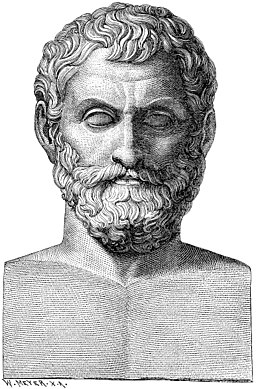
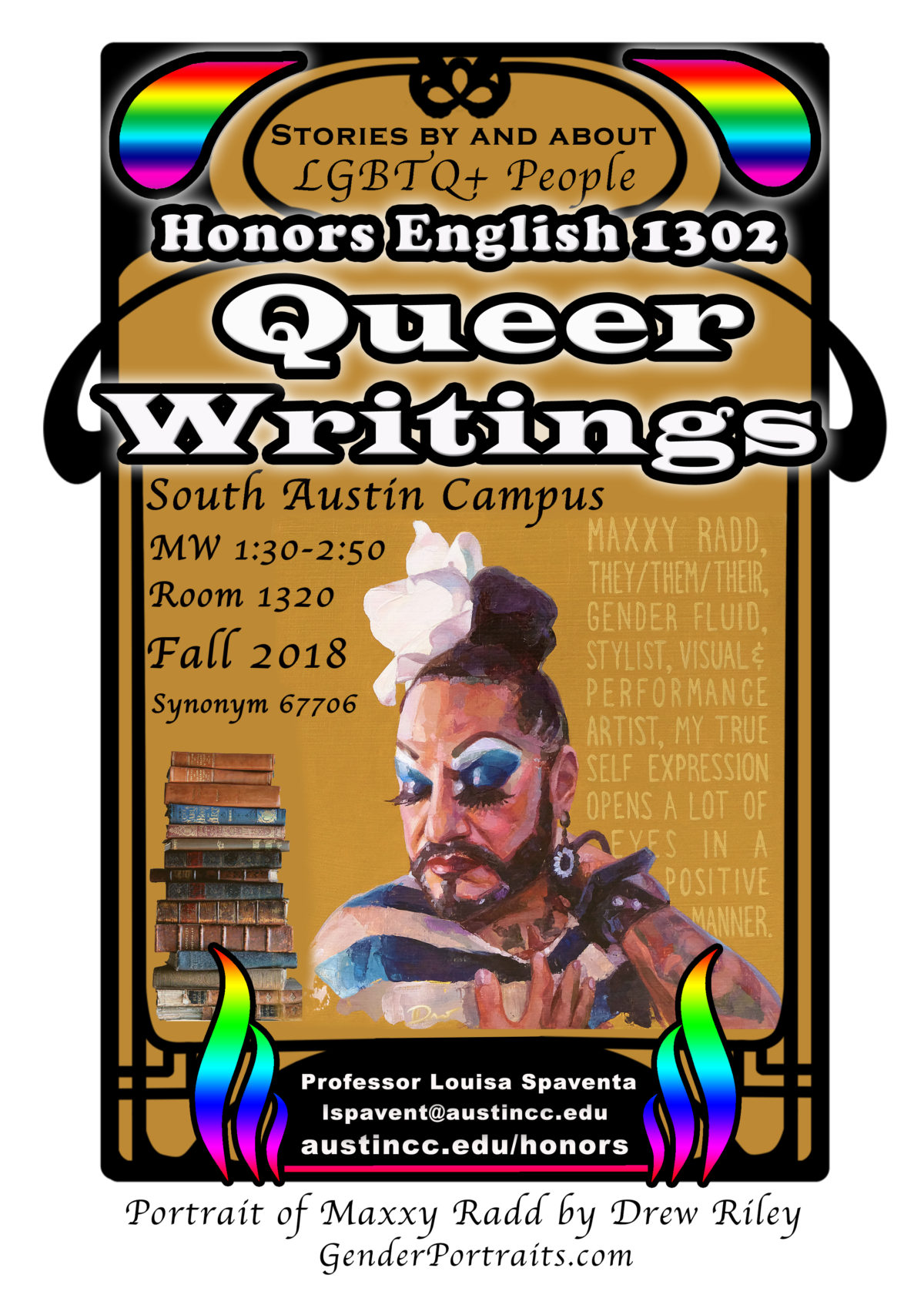
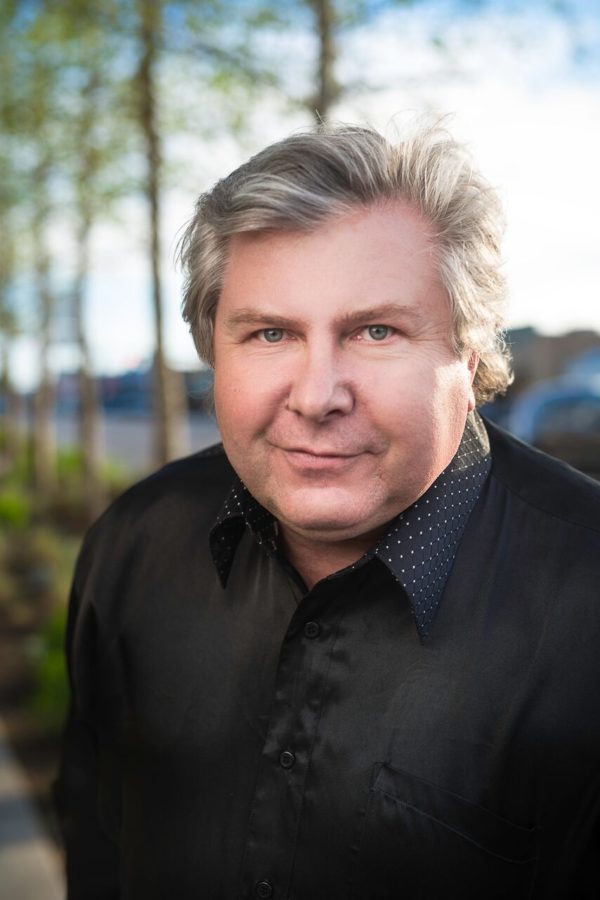
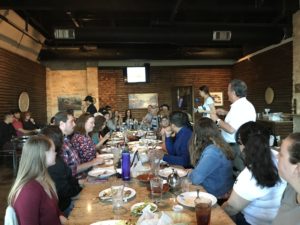
 I’m proud of our Arabic program, and of the department of foreign languages that supports and sustains it. Not many community colleges can boast about offering so many languages. The central image for our recent International Festival features most of them: Russian, Spanish, Japanese, French, Chinese, German, Italian, and Korean. ACC also teaches ASL and Latin. And English. 😉
I’m proud of our Arabic program, and of the department of foreign languages that supports and sustains it. Not many community colleges can boast about offering so many languages. The central image for our recent International Festival features most of them: Russian, Spanish, Japanese, French, Chinese, German, Italian, and Korean. ACC also teaches ASL and Latin. And English. 😉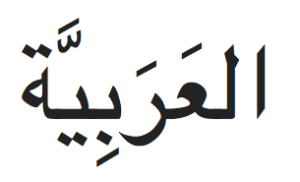 Did you know we offer Arabic I through IV? We have an AA in Arabic, too.
Did you know we offer Arabic I through IV? We have an AA in Arabic, too.